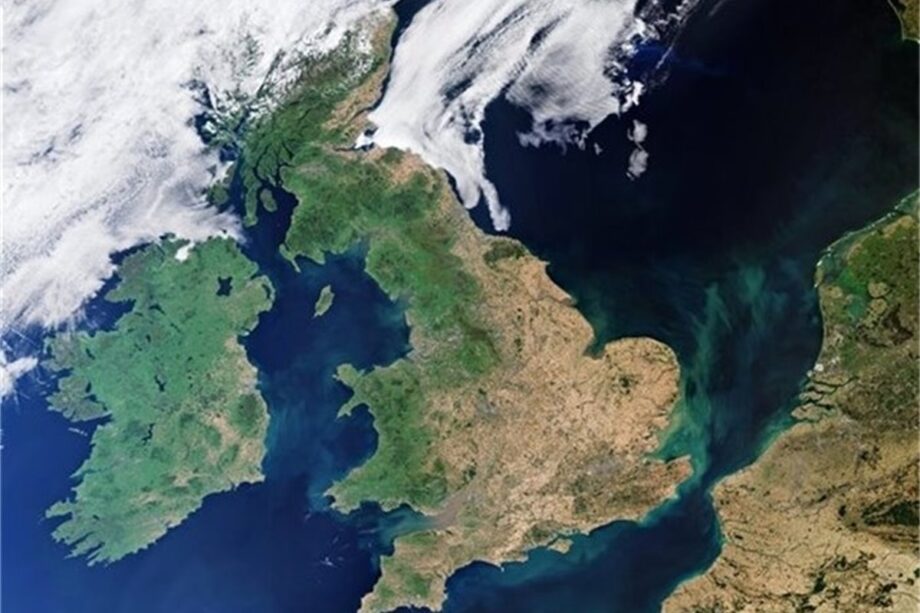- Scottish universities secure part of multi-million funding for cutting-edge satellite technology, enhancing Earth observation technologies
- The University of Edinburgh receives £1.7m to build a high spatial resolution near-infrared camera to detect methane leaks
- Strathclyde University allocated £65,000 to develop a new magnetometer instrument for space weather and Earth observation
- UK Space Agency investment aims to improve monitoring of emissions and climate data using satellite instruments
- Additional funding from academic and private sectors to further support development of remote-sensing technologies
Scottish Universities Share in UKSA Funding for Advanced Satellite Technology
In a significant development for the field of space technology, the UK Space Agency (UKSA) has recently announced a substantial allocation of multi-million funding towards research aimed at leveraging space capabilities to combat climate change. This investment will support an early-stage program focused on enhancing the UK’s Earth observation technologies, with the ultimate goal of improving the monitoring of the planet’s atmosphere and measuring key emissions such as carbon dioxide, methane, and nitrogen dioxide.
University of Edinburgh: Advancing Earth Observation with £1.7m Grant
Among the beneficiaries of this funding are the prestigious University of Edinburgh and the University of Strathclyde, both of which have secured a share of the £9 million allocation. The University of Edinburgh is set to receive £1.7 million to develop a high spatial resolution near-infrared camera designed to detect even the smallest methane leaks. This project will involve building the camera for airborne demonstrations, as well as planning for its integration into satellite missions and conducting relevant environmental testing.
The UKSA funding represents a significant opportunity for the University of Edinburgh to push the boundaries of Earth observation technology and contribute to the global efforts in tackling climate change. The development of a high-resolution camera capable of pinpointing methane emissions with precision underscores the university’s commitment to advancing environmental monitoring through cutting-edge satellite technology.
Related Video

University of Strathclyde: Enhancing Magnetometer Capabilities with £65,000
Meanwhile, the University of Strathclyde is set to embark on a project aimed at merging two types of magnetometers into a single instrument. With a grant of £65,000, the university aims to streamline magnetometer technology, thereby reducing costs, enhancing data accuracy, and expanding the range of applications in fields such as space weather and Earth observation.
The integration of different magnetometer technologies into a unified instrument represents a significant step towards optimizing sensor capabilities for space-based applications. By consolidating magnetometer functionalities, the University of Strathclyde seeks to contribute to the advancement of Earth observation and space weather monitoring, ultimately fostering innovation within the space technology sector.
UK Space Agency’s Vision: Driving Innovation and Leadership in Earth Observation
The UK Space Minister, Andrew Griffith, has highlighted the importance of this funding in solidifying the UK’s position as a leader in Earth observation technology. By investing in cutting-edge projects that harness the power of satellite instruments for environmental monitoring, the UKSA aims to attract additional private investments into the sector, further catalyzing innovation and driving growth within the space technology industry.
The support provided by the UKSA not only accelerates the development of advanced remote-sensing technologies but also paves the way for a more comprehensive understanding of the complex processes shaping the Earth’s climate and environment. Through strategic investments in high-end satellite technology, the UK Space Agency is fostering a culture of innovation and collaboration that will have far-reaching implications for environmental sustainability and scientific advancement.
The recent funding allocation by the UK Space Agency represents a significant milestone in the advancement of Earth observation technology, with Scottish universities such as the University of Edinburgh and the University of Strathclyde playing a pivotal role in driving innovation and excellence in the field of satellite technology. As these institutions embark on groundbreaking projects to enhance environmental monitoring and space-based capabilities, the future of Earth observation looks brighter than ever, with the promise of transformative technologies that will revolutionize our understanding of the planet’s changing climate and environment.
Links to additional Resources: